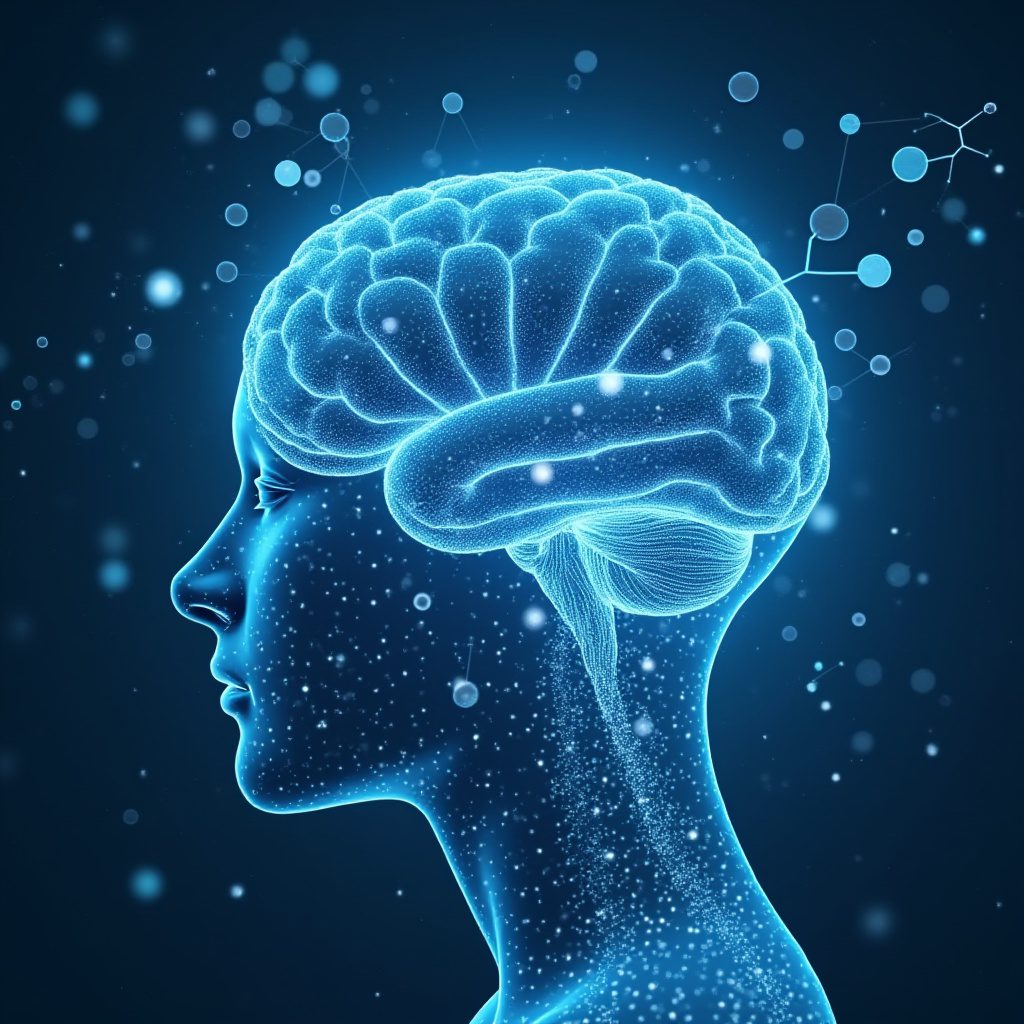The powerful transformation is what the pharmaceutical industry is experiencing today and is becoming more evident in oncology drug development. Meanwhile, the integration of AI in the pharma industry is within operations—reshaping how companies can now discover, develop, and manufacture therapies.
In specific, many CDMOs—Contract Development and Manufacturing Organizations are emerging as pivotal players—integrating AI in Drug Discovery and Development—accelerating timelines, cutting costs, and improving outcomes to fight cancer.
The role of CDMO Pharma companies in the past few years has grown exponentially, as it remains one of the most complex and high-stakes therapeutic areas. The specialized drug development companies ensure end-to-end solutions from R&D, clinical trials, to larger-scale drug production—keeping drug development for oncology balanced and reaching patients faster. The integration of AI-driven drug discovery tools is now revolutionizing how these CDMOs function.
The Evolving Role of Oncology CDMOs
CDMOs—that’s Contract Manufacturing Organizations are majorly focused on scaling up production and providing cost-effective manufacturing capacity to pharma firms. But also let development services, regulatory expertise, formulations, and packaging.
Particularly in oncology, the integration of machine learning and AI-driven drug discovery has been impactful. The cancer medications need precise formulation, targeted deliveries, and strict compliance with safety and quality standards.
The recent Artificial Intelligence in the Pharmaceutical Industry has amplified its role. They are now embedding AI-driven analytics and machine learning models into the drug development pipeline. Typically, CDMOs can now—
- Predict drug candidate success earlier in the development cycle
- Identify optimal formulations for complex oncology compounds
- Automate quality control and process validation
- Shorten timelines between discovery and clinical trials
This evolution has positioned oncology CDMOs as innovation engines rather than just manufacturing partners.
AI in Drug Discovery and Development: Transforming Oncology Pipelines
Typically, the drug-discovering phase has traditionally been slow, expensive, and high-risk. When it’s specific to oncology, the complexities are real challenges to overcome—as they need deep analysis and understanding for tumour biology, mutational drivers, and resistance pathways. The integrating of AI-driven drug discovery has so far changed this wholesome paradigm and will continue.
Data-Driven Target Identification
The AI system makes easy analysis on a vast database from genetics, proteomics, and clinical records to identify novel cancer targets. Therefore, spotting the patterns may lead human researchers to miss, yet AI narrows down the list of viable targets with more precise speed. It’s imperative in oncology drug development, where tumour heterogeneity is often complicated.
AI systems can analyze vast datasets from genomics, proteomics, and clinical records to identify novel cancer targets. By spotting patterns that human researchers might miss, AI narrows down the list of viable targets more quickly. This is critical in oncology, where tumour heterogeneity complicates traditional discovery methods.
Predictive Modelling for Drug-Target Interaction
The use of machine learning and AI in Drug Discovery and Development gets smarter as it gets access to easy stimuli for how molecules will interact with cancer targets, predicting efficacy and potential toxicity before synthesis. This helps in a drastic reduction of the number of compounds that must be physically tested and shortens the discovery cycle.
Patient Stratification and Precision Oncology
Apart from drug development, artificial intelligence can stratify patients based on genetic profiles, biomarkers, and treatment responses. Therefore, enables precision oncology approaches where oncology drugs are customized or tailored to sub-groups to benefit all patients with the same needs. Later, CDMOs focused on the development of resources on formulations, delivery systems aligned with patient segments.
Accelerating Preclinical and Clinical Transitions
The use of AI in drug development and manufacturing reduces the late-stage failures, especially when major cost-driven drives have been made in oncology and R&D. Therefore allows CDMOs to step into preclinical and clinical manufacturing. It not only helps in accelerating the timelines but also improves the success rate of oncology drug pipelines.
AI in Pharmaceutical Industry Manufacturing Operations
Of course, AI’s role is now almost insurmountable in drug discovery and development—but its huge impact on the pharma sector is equally important. When it’s complex drug manufacturing, like in oncology, AI adheres to rigorous quality standards and manages complex processes as it is indispensable.
Process Optimization
AI tools help in real-time monitoring and adjusting hundreds of process parameters in real time during drug production. For oncology drug development, the need for sensitive biologics or highly potent small molecules—AI ensures maintaining the consistency and yield while reducing batch failures.
Predictive Maintenance
The AI helps in predictive analytics to forecast equipment failures, preventing cost and downtime. For CDMOs operating under tight timelines—that’s reliable or not.
Quality Control Automation
The advanced technology and machine learning can easily automate visual inspections—identifying defects in drug products or packaging accurately, on human inspectors. It ensures compliance with stringent oncology drug regulations.
Supply Chain Efficiency
AI in Drug Discovery and Development is worthwhile as it can optimize inventory levels, forecast demand, and mitigate supply chain risks. It helps in listing the drugs that have short shelf lives or need specialized storage. This helps CDMOs ensure a seamless supply chain of oncology drugs to global markets. AI embedded into manufacturing lets CDMO Pharma players get achievement for both operational efficiency and regulatory compliance.
Strategic Advantages for Pharmaceutical Companies
Pharmaceutical companies partnering with contract manufacturing organizations that use AI gain several competitive advantages:
- Speed to Market
- Cost Savings
- Regulatory Confidence
- Scalable Capacity
Ethical and Regulatory Considerations
The more Artificial Intelligence in Pharmaceutical Industry operations expand, it will bring new ethical and regulatory challenges over time. The transparency in AI algorithms, validations of predictive models, and protection of patient data are some major concerns.
The regulators are now developing guidelines for AI use in drug development and manufacturing. Taking into deep oncology, CDMOs are adopting AI that demonstrates the system’s accuracy, explainability, and compliance with data privacy laws like GDPR and HIPAA.
Responsible AI adoption requires:
- Documenting algorithm development and validation steps
- Regular audits to ensure model performance and data integrity
- Human oversight to review AI-generated decisions
- Secure handling of sensitive patient and clinical data
The Final Verdict
Now tech advances are sophisticated and more essential even in the healthcare sector. The integration of AI in Drug Discovery and Development has completely changed the whole spectrum of drug manufacturing worldwide. The AI generative, digital twins, and autonomous laboratories are becoming highly advanced to create oncology drugs.
From designing the entire new molecule to target cancer to virtual replicas of manufacturing lines, even the automation has eventually reduced the cost. Such innovations and discoveries have already made CDMO Pharma companies more decided hubs of cutting-edge research, development, and production expertise.
FAQs
1. What is a CDMO in the pharmaceutical industry?
A CDMO (Contract Development and Manufacturing Organization) is a company that provides comprehensive drug development and manufacturing services to pharmaceutical firms. In oncology, CDMOs handle everything from formulation and clinical trial material production to large-scale commercial manufacturing.
2. How does AI help in drug discovery and development?
AI accelerates drug discovery by analyzing large biological datasets to identify new drug targets, predicting drug-target interactions, and optimizing lead compounds. It also reduces failures and speeds the transition from discovery to clinical trials, especially valuable in oncology drug development.
3. Why are oncology CDMOs adopting AI technologies?
Oncology CDMOs adopt AI to enhance efficiency, ensure quality, and shorten development timelines. AI helps them optimize processes, prevent equipment downtime, improve quality control, and deliver complex cancer therapies faster while maintaining regulatory compliance.



